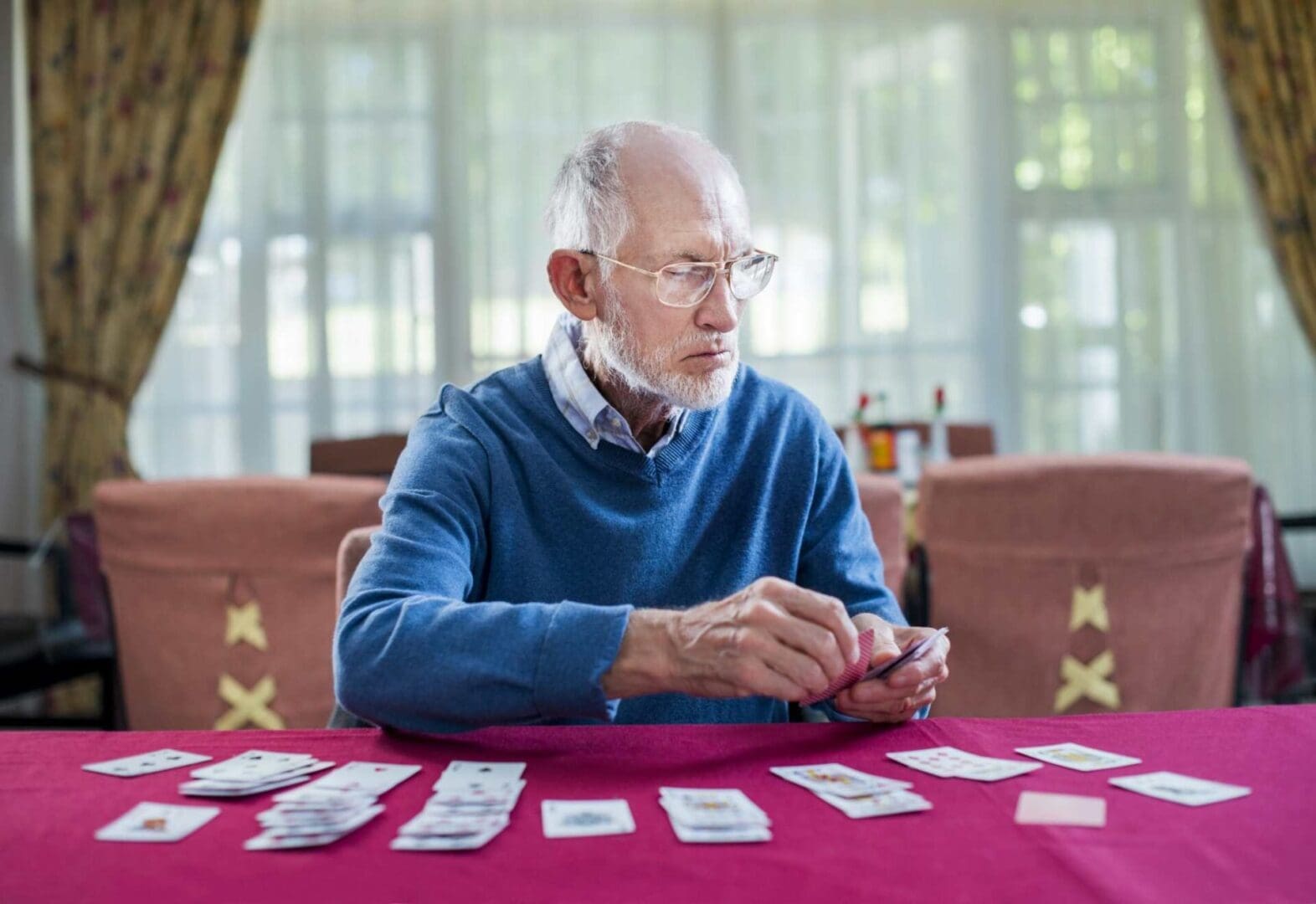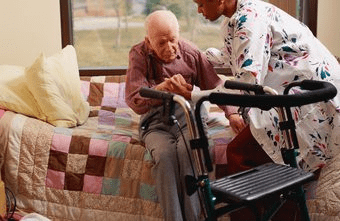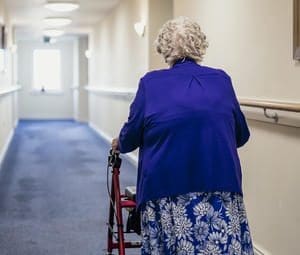Search Posts
Recent Posts
- Outdoors in RI: Help keep recreation areas clean. Invasive Milfoil, trash. 2A update – Jeff Gross July 26, 2024
- Real Estate in RI: Highest-ever sale in Queen’s Grant, EG $1.25M, by Residential Properties July 26, 2024
- Homeless in RI: Gov. Newsom issues Executive Order. Remove California’s encampments. July 26, 2024
- Let the games begin. XXXIII Summer Olympics – John Cardullo July 26, 2024
- GriefSPEAK: What would you do? – Mari Dias Nardolillo July 26, 2024
Categories
Subscribe!
Thanks for subscribing! Please check your email for further instructions.

Coronavirus in RI: Are we Keeping Seniors Safe?
Children, naturally, tug at our heart… There has been exposure of children in Rhode Island to the coronavirus, and we have a few on self-isolation in their homes. The schools those children attend are being specially cleaned. One school is closed for 2 days with another closed for the entire week.
What’s happening all around the world to protect people from the coronavirus threat is in hyper-focus. We are hearing of very few children impacted anywhere in the world. But of course, and rightly so, we put the protection of our children above all else.
We are hearing more grave news about our seniors, the elderly, the infirm – and those with compromised immune systems. Rhode Island is known as having the highest percentage of “old-olds” in the country. We’ve asked the question about special preparedness for our older loved ones, especially those in facilities.
So far there is no written plan calling for special steps such as screening at nursing homes for visitors and staff; extra communication to family members; special signs on entryways, etc, though some facilities may be taking steps on their own.
At one nursing home visited, there routinely is kept a small box of masks and hand sanitizer for those coming into the facility to use if they want. When asked if the home had been given any special direction they responded no, they had not heard anything. Noticeably, more nurses are wearing masks while working there. The policy has been if you have not had your flu shot you can’t work without a mask, or if you have a cold you should wear one.
What is happening in other locations?
This morning, Governor Cuomo in New York announced that “now our focus is going to turn to our seniors, our facilities and to the infirm”.
We’ve seen what is happening in the state of Washington where an undiagnosed case has resulted in 6 deaths in a facility and many staff being exposed and quarantined. The entire facility is now a quarantine of its own, and the state has moved to purchase a motel to use as a medical quarantine, and may purchase other buildings.
Italy has said that protection of their seniors is paramount and is advising anyone 65 years of age and older to “stay inside for 2 to 3 weeks” as a precaution, saying 10% of patients with the active virus end up in intensive care and almost all of them are over 65. Giulio Gallera launches an appeal to the over 65s: “It is true that the pathology is widespread but 50% overcome it without realizing it and 40% has no serious problems. But there is a 10%, which is what goes to intensive care, and they are almost all people who are over 65. So I invite the elderly to go out as little as possible in the next two / three weeks.
From the American Health Care Association *
The AHCA, which represents 13,500 nonprofit and for-profit facilities for seniors and disabled people, issued updated guidelines Saturday, in response to the Washington outbreak. The new virus is thought to spread primarily via droplets in the air, and the guidelines largely echo strategies recommended to stem the spread of other respiratory viruses, such as influenza. That includes frequent hand sanitation among staff and visitors, grouping people who become ill in the same room or wing, and asking family members who are sick to avoid in-person visits.
How old is old?
In most senior centers, the age of 50 is the qualifying age – the same age as when you receive your first AARP magazine. Retirees are considered 65 – or 62. “Olds” are between 75 and 84, and old-olds are aged 85 and over.
From the RI Aging in Place report, “With the highest proportion of older adults aged 85 or older in the U.S., Rhode Island faces the challenge of a substantial minority of its population being at risk of serious health conditions that would impair their ability to age in place.”
RIDOH Update
Yesterday, there was an update by the RI Department of Health for the media, and much of the focus was on stats – how many kits are there, how many people have been tested, etc., followed by a focus on young people, schools, and children. There were no questions or information about special precautions for residential facilities for seniors or for the elderly population, specifically.
Will there be guidelines forthcoming for facility visitor and staff screenings – even temperature swipes? What will the testing and isolation protocols be for those patients who come down with a cold or the “flu” who are confined in a facility already? Will patients be provided protective masks to wear and be isolated in separate rooms or kept in the standard double bedrooms as most are now? (There are dozens of RISD students who have returned from Europe being isolated in their own single rooms in private hotels at the moment).
Why Coronaviruses Hit Older Adults Hardest
The AARP has published an article that details the science behind why viruses, particularly the coronavirus impacts seniors more severely than other populations:
https://www.aarp.org/health/conditions-treatments/info-2020/coronavirus-severe-seniors.html
Where’s the plan?
We hope Rhode Island will develop a plan specific to seniors. The time was weeks ago to have addressed this. We should not depend upon facility owners to be doing this, but rather develop uniform protocols and recommendations. In the case of coronavirus, it is especially deadly to seniors – time is of the essence. RINewsToday submitted questions about a plan, or advisories specific to seniors in Rhode Island to the RI Department of health at 10am yesterday, as additional questions were being welcomed. As of now we have had no response.
A nation’s greatness is measured by how it treats its weakest members – its most vulnerable.
* To view the AHCA Guidelies for facilities, click here: https://www.ahcancal.org/facility_operations/disaster_planning/Documents/COVID%2019%20-%20Update%202.pdf



